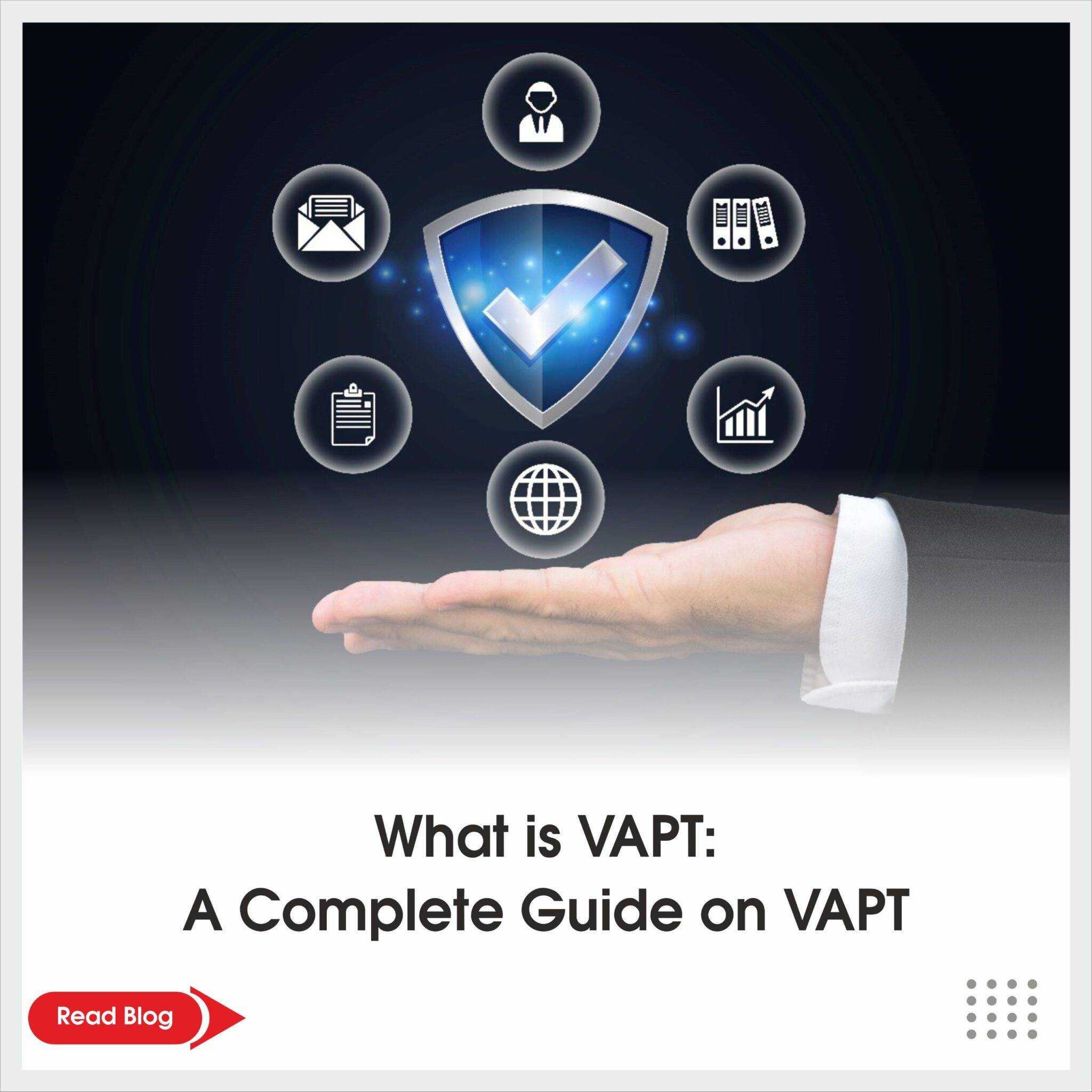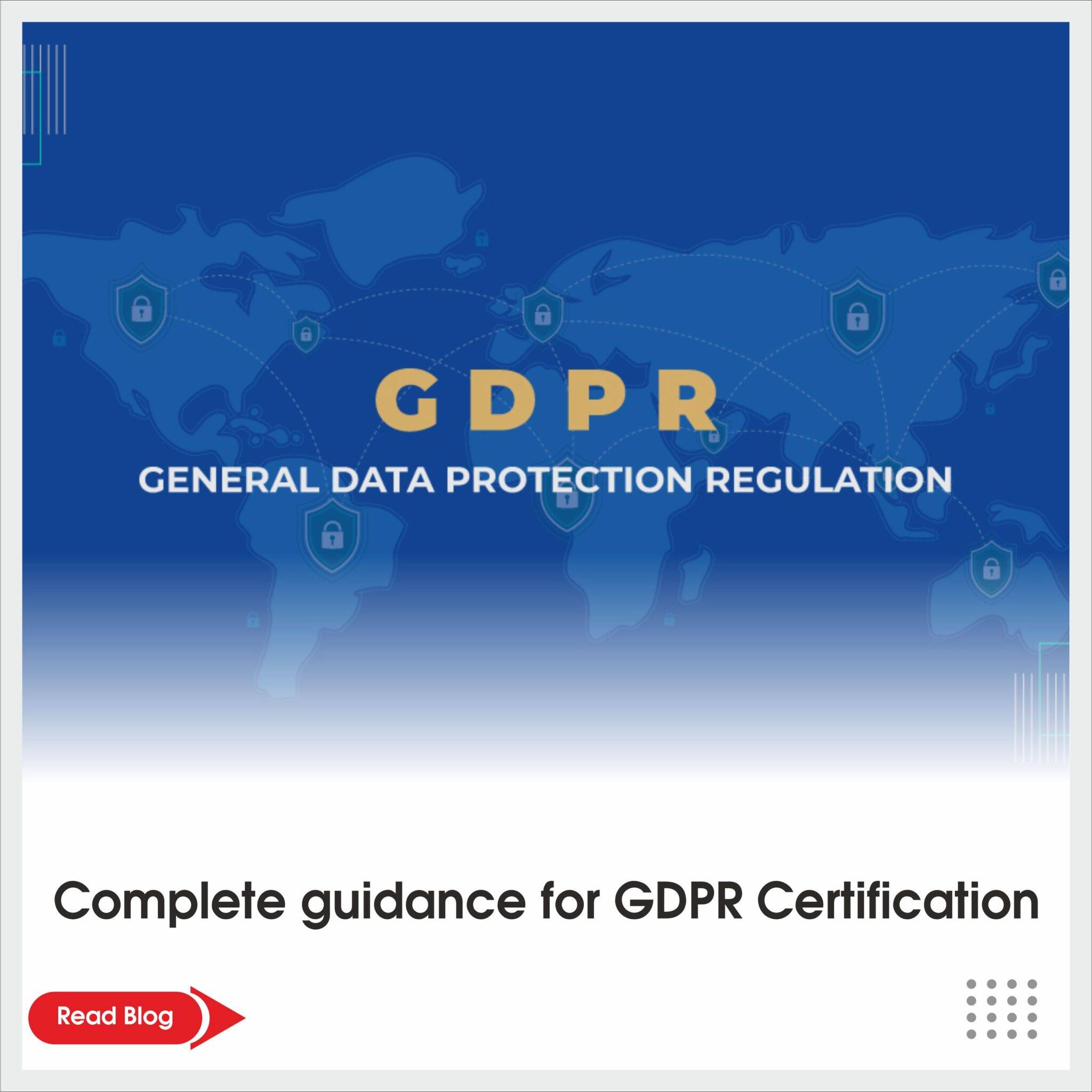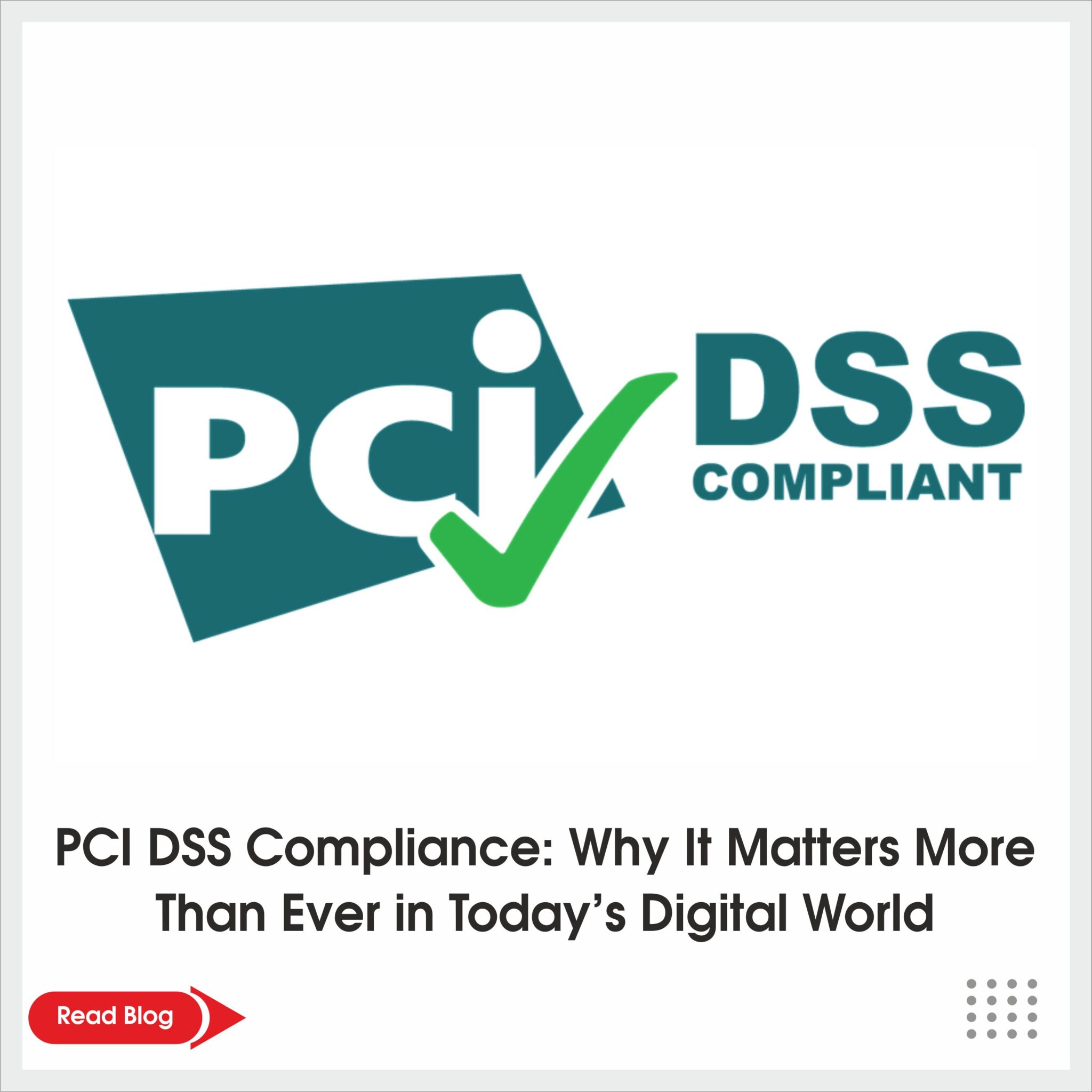
What is VAPT: A Complete Guide on VAPT
Introduction: Understanding What is VAPT and its Significance in Cybersecurity Cybersecurity has emerged as a major problem for businesses in
Faster communication channels have helped the world is getting closer than ever. This calls for services that offer quality as well as trustworthiness. Therefore, standardization of these services through continuously improving management systems is the need of time for this rapidly-changing sector. The basic requirements for any organization in the electronic and telecommunication sector are ISO 9001, TL 9000, and ESD S20.20. However, ISO 14001, ISO 45001, ISO 50001, and ISO 27001 Certification handle the environmental interaction, occupational safety, energy consumption, and data privacy controls of these organizations respectively.
The certification process goes further. click here to view the next steps to ISO certification Process
ISO certifications have huge significance across a varied range of industries. They not only help in improving the processes within the organization, but also ensure a smooth flow of services throughout the supply chain. Know more about Sis Certifications: https://www.youtube.com/c/SISCert
The International Organization for Standardization publishes certain standards that help in implementing management systems for delivering quality products and services as well as enabling compliance with the related legislations.
The most required ISO standards that are appropriate for telecommunication industries are:
This standard is designed for the implementation of quality management systems in an organization. Through this standard, the organizations can adopt the best business practices that would help them in meeting customer expectations and improving operational efficiency.
This standard helps the organizations in implementing the environmental management system so that the impact of their activities on the environment can be minimized. It enables the production of environmentally sustainable components by the suppliers and manufacturers of the electronics and telecommunication units.
Through this standard your organization can ensure the occupational health and wellbeing of your staff. It also helps in meeting the related regulatory requirements of the land.
The information stored within your organization can be protected from breach or loss by effective implementation of ISO 27001 for Information Security Management System.
ISO 41001 certification helps in the implementation of Facility Management (FM) System in your organization. It was last updated in 2018, and hence, it’s written as ISO 41001:2018. The framework of ISO 41001 certification is the same as that of ISO 9001, ISO 14001, and ISO 45001, which makes the integration among all these management systems easier.
Through this standard, an organization can establish an energy management system in order to reduce their carbon footprint and utilize their energy resources effectively.
This is particularly applicable for electronics and telecommunication industries and is an extension of ISO 9001. TL 9000 establishes measurements within and across specific product categories through its two-part telecommunications management system.
The maintenance of electronic components prevailing in the communications space is looked after by ANSI/ESD S20.20 standard. It helps in protecting the devices from harmful electrostatic discharges.
For any organization, ISO Certification is the ultimate achievement to guarantee that their products and services are of the best quality. Thus, achieving ISO Certification for your telecommunication industries can reward you with enormous benefits.
Some of the primary profits of having ISO certification are listed below:
The International Organization for Standardization (ISO) just publishes the standard. The certificate is issued by a certification body. For electronics and telecommunication industries, getting ISO certified becomes extremely important as it helps in meeting the dynamic requirements of the market as well as updating constantly the latest developments in this sector.
Achieving ISO Certification is no big deal in today’s upgraded systems. The basic steps to become ISO Certificate for Electronics and Telecommunication Industry are as follows:
An ISO Certificate is valid for 3 years. And during this time period of 3 years, a surveillance audit is conducted on an annual basis to ensure that ISO quality standards are being maintained by the organization.
Basically, when you approach a certifying body for ISO Certification and they approve your management systems and all your processes, they will then quote an amount for the certificate. Moreover, the cost for achieving ISO certification depends mostly on your organization, such as the no. of employees in your organization, No. of branches your organization has, and many more.

Introduction: Understanding What is VAPT and its Significance in Cybersecurity Cybersecurity has emerged as a major problem for businesses in

General Data Protection Regulation (GDPR) certification helps businesses, meaning they protect European citizens from data loss due to cyber-attacks, terrorism,

The Payment Card Industry (PCI) Data Security Standard (DSS) is an information security standard designed to improve cardholder data security
© 2023 SIS CERTIFICATIONS PVT. LTD. – ALL RIGHTS RESERVED.